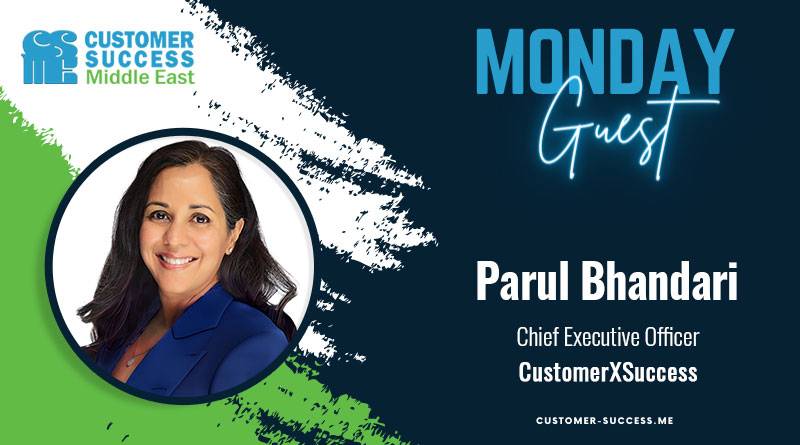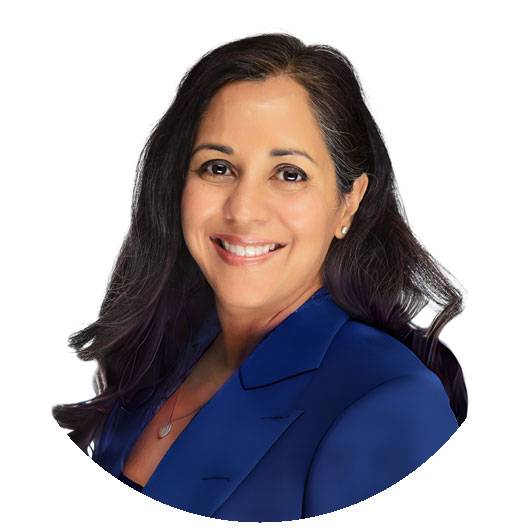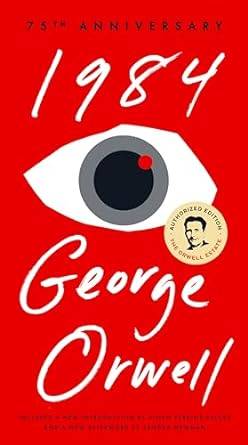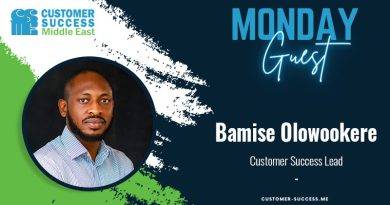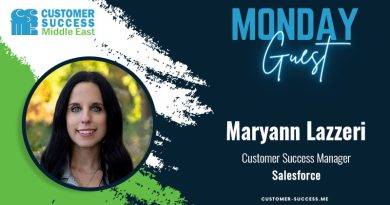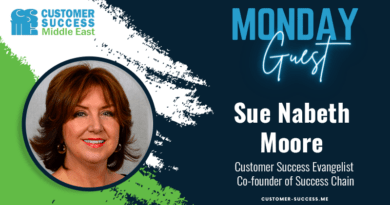Monday Guest Parul Bhandari-Y3-W24
Get to know Parul Bhandari
By: Mohammed Alqaq | June 10, 2024 | Year 3 – Week 24/2024
Hi, Customer Success Middle East!
I am Parul Bhandari. Ergonomist and HR professional turned Customer Success (CS) leader and enthusiast. I really love CS, practicing it, talking about it, and driving the field forward. I am in awe of the value we bring to customers, the business results and the connection to the customer. I also think we have work to do, to bring CS to more universities and early stage companies- some of my personal passion areas! I am also a fan of CS being data-driven, CS as a profit driver, and DE&I in thought and practice.
I am a first generation Indian-American, so much of my work and life is colored by my diverse upbringing and being a minority in my home country. I grew up in a small town in Ohio, where I was one of 15 or so people of color in my school of 1500. Bringing diversity to organizations has been a passion of mine since I was young, from cultural dioramas at school, to doing 8 years of bharatnatyam dance, to leading ERGs at companies like P&G, and now to my work with South Asian Success.
In life, I am a wearer of many hats – a mother of 2 boys, a wife, Customer Success consultant with my new company CustomerXSuccess, Inc.com columnist, co-founder of a South Asian community at my kid’s school, volunteer with CuSP: A Chicago CS Community, and founder of the South Asian Success CS community. I currently live in Chicago, IL.
We asked Parul to take us through a journey telling us about her career path, how she spends her workday, what advice she can share with someone starting as a customer success manager, and many other questions.
Enjoy reading this interview
Table of Contents
Tell us about your career path?
Like many Indian-born Americans, I started my college life in pre-medicine – but after some time and not liking blood, I pivoted to finish a degree in biology and followed it with a MS in Industrial Engineering & Kinesiology. This led to a career as an Ergonomics consultant with Humantech, Inc. (a small 40-year old consultancy), which was my first introduction into the working world and the worlds of operations and organizational health (ping me and ask me more about Ergonomist if interested).
After some time working, I went back to school and got my MBA at Emory University before pursuing roles in HR at Procter & Gamble and Twitter.
At Twitter I learned a bit about SaaS and technology, and also that HR was maybe not the best path for me long-term. So, I rejoined Humantech, which had developed SaaS for office and industrial Ergonomics, and where I launched my first Customer Success (CS) team from the ground up.
I fell in love with CS. From then on I found a passion in supporting startup CS journeys. I have worked at various startups as Head/Director of CS, before transitioning to an advisory career path. I like to draw from my collective background in organizational health and HR to design CS organizations which can be scaled successfully and run with employees in mind.
How did you join Customer Success?
When I returned to the Ergonomics consulting firm after my time in HR, I was happy to be back doing Ergonomics consulting but wanted to do more substantial work. I stumbled upon a data set and started asking questions about what it was used for.
It was SaaS Setup data – basically where customers were onboarded and “turned on”, but not managed except for interacting with sales and implementation consultants. This was an opportunity, and I was given the reins to form the CS team from the ground up.
It was one of my best CS experiences, being able to research and build something thoughtfully, and with purpose. Our team grew from 1 to 8 and went on to have retention rates over 97%, serve customers from 50 to 500, and eventually over 20k after acquisition.
How would you describe the ideal CSM candidate?
The ideal CSM candidate to me is three things: Curious, Data-driven, and Process-oriented. Yes, you should be able to talk to people, but I have met great “non-people persons” who are great CSMs.
The customer you are serving in CS is one seeking value, and while they may want a “friend” in their CSM, they really need someone who will deliver and someone whom they trust.
A curious CSM will investigate, strategize, and seek out success, both internally and externally. These CSMs not only try to make their customers’ situations better, but they work to improve themselves and their teams.
A data-driven CSM will use data to influence decisions, and not shy away from big number sets, and trends. And they will deliver value through a thorough understanding of what the customer is going through in the product. They will also use data to influence cross-functional issue resolution and focus.
A process-oriented CSM will stay on task. I know it seems silly, and tools can help us build processes, but CSMs have to often take abstract concepts and deliver them successfully to customers and internally. For example, health score, it is only as valuable as the data going into it and the regularity. The CSMs who can stay focused on completing all the process work, and those who seek to find a better way, are the ones I would stand behind.
What one piece of advice would you give to someone just starting out as a Customer Success Manager?
Take time to learn your business, product, and role fully. Commit to learning in the first 90 days, and drive yourself to focus on what your success metrics look like. Understanding your impact on the organization can lead to your long-term success. Meeting your metrics can also lead to short-term wins.
Ask your manager questions you need to know, or want to know. Meetings with your manager should be focused on learning and your progress.
Also – document anything you can – in the age of AI notetakers it’s easier, but one thing a CSM does need is information. And one thing we cannot guarantee is that they will be the same CSM to Customer assignment. The work you do today should be well documented for that customer’s longterm journey and the future CSMs they work with.

Understanding your impact on the organization can lead to your long-term success. Meeting your metrics can also lead to short-term wins.
Can you take us on a journey describing what your workday looks like?
My workday has changed a bit since my time in a corporate role. After kids drop-offs, I usually try to take a short walk to start the day. From there I either jump on calls or I run to the gym – depending on how busy the morning is.
Calls can be customer meetings, prospect calls, mentorship calls, community calls, school affinity network calls, or calls with my small team. I jump on more calls until school pick-up time, then usually pass my children to our Au Pair for a few hours of focus time.
I need a little focus time each day, and it sometimes comes at night (which I try to avoid). The nice part of my workday right now is a bit of flexibility. Working for yourself means you set the pace and the timing for some things, which I really appreciate. Like sometimes I get to spend the afternoon with my children, and that is time well spent.
What makes you feel inspired or motivated?
I am intrinsically motivated to a great degree, but I am also motivated by my role models, friends, and family success. I am someone who likes to try new things, and test scenarios – so as I am analyzing the world around me, I am an ideator type – which lends well to writing which I like to do – but I also need to keep myself on task with to-do lists and trackers.
I am also motivated by problem-solving and deadlines, which is why I like client work and consulting.
What’s one thing that people are generally surprised to find out about you?
Most people are surprised when I tell them I am a Certified Professional Ergonomist (still a certified one and can practice). And that I used to travel all around the world delivering Ergonomics training and knowledge. It’s just not the career path most people understand, but in my life, it was my career for a long time.
Who do you look up to the most?
My parents.
My dad came to the US from India, with very little money and admission to Berkeley for his graduate school. He has succeeded in work and life, and provided for his family both in America and abroad. His story is a story of many South Asian immigrants, whose perseverance and hard work helped create stability for their whole family. Though he is a hard worker, he was also always kind and took time for the family, from playing sports to ice cream outings, I always remember his care for me as a child and beyond.
My mom came to the US after she was married, having gotten a degree from India. She worked for a bit, then raised 4 children (which I now know is more than one full-time job). She always raised us with kindness and care, and when we were old enough, she launched her own businesses. She has been a mentor for me in my business launch today.
What are your top 3 priorities now?
These are my top 3 priorities:
My family, I have 2 young boys and want to bring up healthy, caring, kind, and curious young men.
Growing an advisory business I can be proud of and one which provides value to my customers, drives their progress and helps them retain customers longer.
Growing the South Asian Success community globally. We have had an awesome start and I cannot wait to see where we will go to elevate and engage South Asian CSMs. (special thanks to predecessors like Customer Success Middle East and Success in Black for paving the way)
What advice would you give to Customer Success Managers to grow and develop their careers?
Listen to the world around you, we are not insulated in CS jobs any longer, so being a person of the world, understanding business metrics and trends, will make you a stronger CSM.
Learn from your own and others’ progress and missteps. Sometimes the best lessons come from failure, but you have to learn and progress from it to grow.
Advocate for yourself, no one else will. If you are consistently hitting your marks, be loud and proud about it. CSMs are asked to do more and more, and incentives have not yet been aligned to match. So drive home your value every day to protect your relevance in an organization.
Find a place you can be yourself. Company culture matters, maybe more than your salary, so be sure to ask questions to ascertain if you will find your “fit” in a company.
Make time for what matters most. Work life balance can only be honed by you, so build the boundaries you need to succeed in life and work. And if you do not have it, learn to recognize signs of burnout, and seek help.
What’s your favorite book, and why?
I have a hard time with favorites, but some of my favorite books are 1984 by George Orwell, Midnight’s Children by Salman Rushdie, and The “His Dark Materials” Series. I am a reader of fiction for pleasure more than non-fiction, so I love podcasts and webinars when I am learning a new concept. Years ago I read a business fable called “Getting Naked” by Patrick Lencioni which I also always remember.
» Check out the 10 Books a CSM should read to advance and improve their skills.
Have you had your “I’ve made it” moment yet?
I have not. I have had some wonderful moments, and impactful moments. But I have not yet realized my “I’ve made it” moment. Fingers crossed 🙂.
What should I have asked you but didn’t?
What’s one thing you do every day that makes your day better?
Exercise. I am a big fan of yoga, and weight lifting and I try to walk 11k steps every day. It is the one thing that keeps me grounded in a life of many hats and responsibilities. I have dealt with health issues, and exercise is one important thing that keeps me healthy and therefore happier.
Where can people go to find out more about you?
I’d be happy to connect on Linkedin, feel free to reach out:
Thank you, Parul, for sharing your knowledge and for the opportunity to know you more.
Do you have a Customer Success Leader, Expert, or Influencer you would like to know more about?

